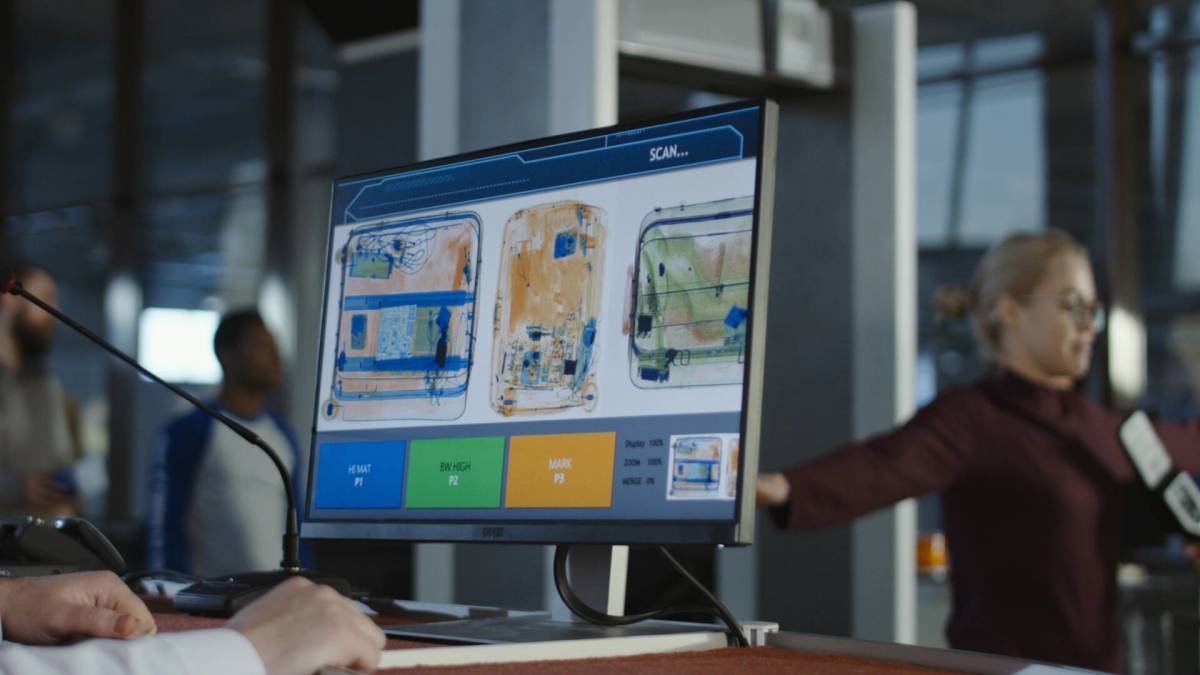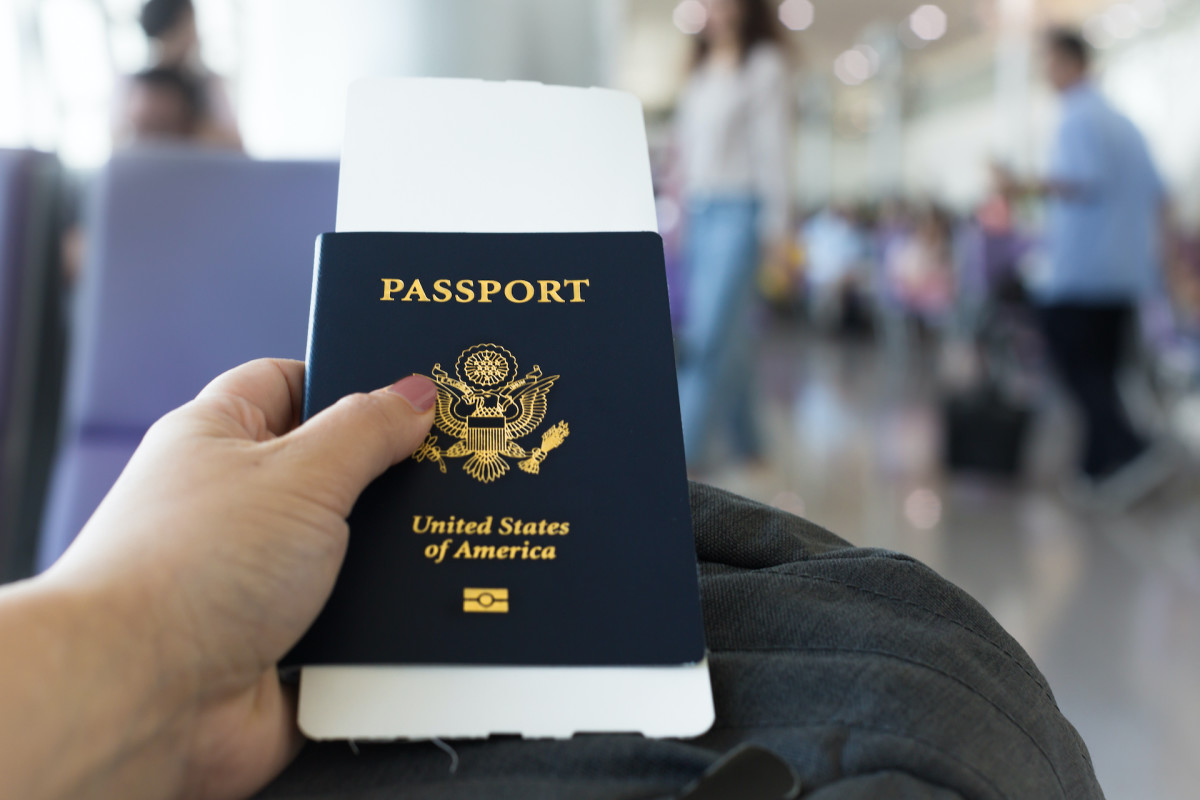
Last fall, Singapore became one of the first countries in the world to take a massive step toward passport-free travel.
In an effort to speed up the flow of traffic at its Changi Airport, the city-state plans to introduce end-to-end biometrics for travelers to check into flights, drop off bags and clear customs to leave the country without a passport. The early technology is expected to be introduced at some point in 2024 and, over the coming years, be expanded to make it possible to clear and recognize international arrivals without a passport through the use of facial recognition.
Related: A country just went visa-free for visitors with any passport
At this point in time, most countries already have a simplified clearance system for citizens as well as arrivals from nearby countries with visa-free agreements. This week, the head of United Kingdom's Border Force announced that it plans to expand the eGates network currently used by British and EU citizens toward a greater number of visitors.

TheStreet
'We will know a lot more about people upfront': here's what you need to know about the new eGates
While travelers will still need to have a passport, they will not need to show it at the gate as facial recognition technology will match their identity to the passport information they have entered when applying for the Electronic Travel Authorization that will soon be required even for those who do not need a visa.
More Travel:
- A new travel term is taking over the internet (and reaching airlines and hotels)
- The 10 best airline stocks to buy now
- Airlines see a new kind of traveler at the front of the plane
The technology will also track how long someone has spent in the UK and recognize if someone has overstayed the number of permitted days.
"We will know a lot more information about people upfront," UK Border Force Director-General Phil Douglas told The Times. "We will know if they've been in the UK before. We'll know what their compliance with immigration laws is. And we'll know if there's any records of them on our security systems. So there will be some people who won't be getting on the plane."
Facial recognition is creeping into airports but not everyone's a fan
While details about the specifics are yet to be announced, the system could be tested at a few select airports in the country at some point in 2024. Douglas further said that the goal is to speed up the flow of airport traffic by using "much more frictionless facial recognition than we currently do."
While the kinks still need to be worked out, the use of facial recognition has been steadily creeping into airports around the world as a way of reducing staff time and navigating the enormous flow of post-pandemic travel traffic. That said, many digital security experts have been ringing the alarm about how digitization to such an extent can not only glitch but also be used by criminals for ill (or, in the reverse, cause lifetime problems to victims of passport fraud.)
"We can't change our biometrics without extreme measures like burning off our fingerprints or getting extreme facial reconstruction surgery," Adam Schwartz, the primary privacy litigation director for the Electronic Frontier Foundation, recently told the Washington Post. "Unlike other numbers that can be changed if we're a victim of a fraud or whatnot, we have our biometrics for life."

.jpg?w=600)





